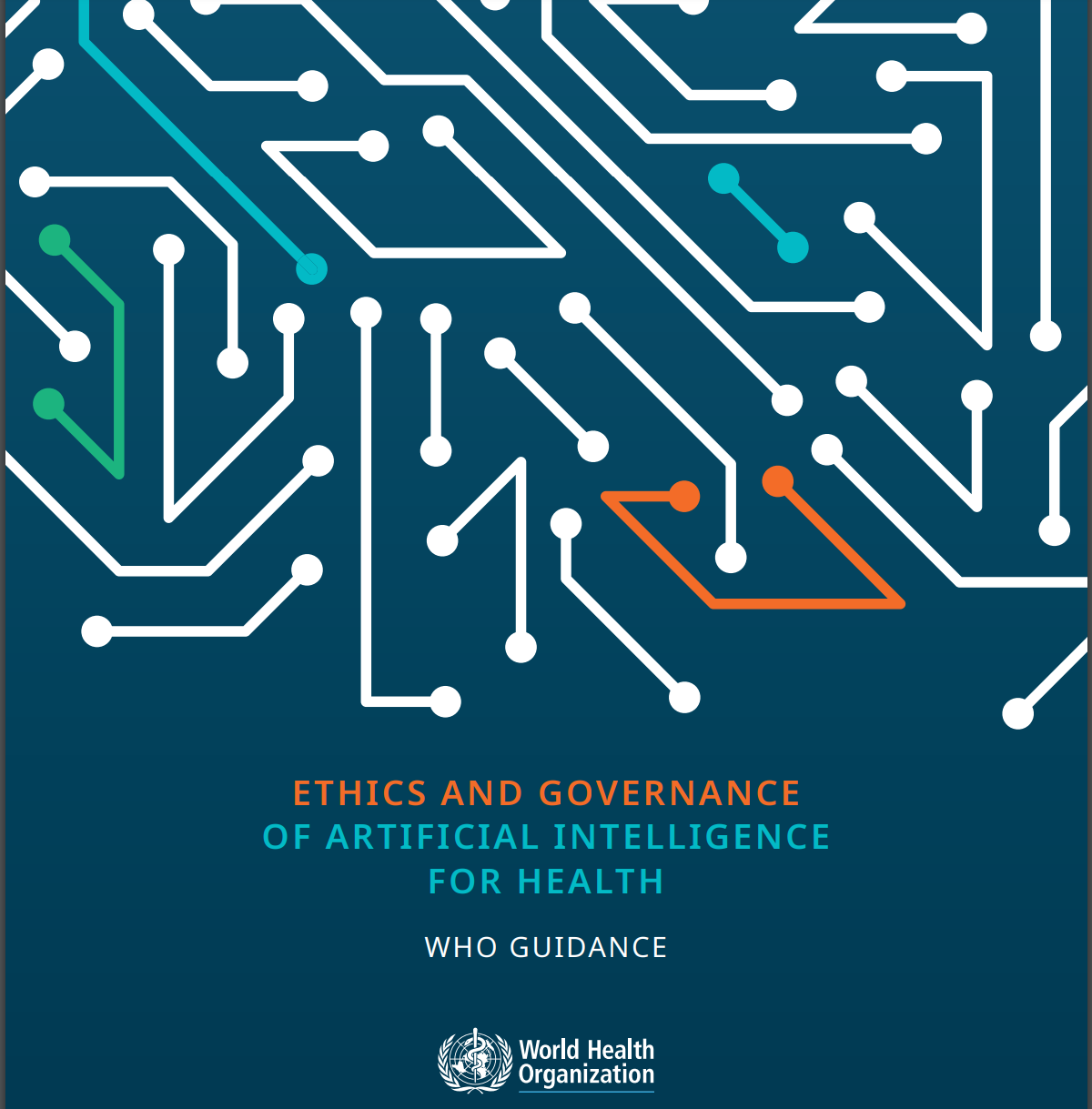
– The World Health Organization (WHO) launched its first ever global report on: Ethics and governance of artificial intelligence for health.
– While new technologies that use artificial intelligence hold great promise to improve diagnosis, treatment, health research and drug development and to support governments carrying out public health functions, including surveillance and outbreak response, such technologies, according to the report, must put ethics and human rights at the heart of its design, deployment, and use.
– The report, is the result of 2 years of consultations held by a panel of 20 international experts appointed by WHO. The group analyzed many opportunities and challenges of AI and recommended policies, principles and practices for ethical use of AI for health and means to avoid its misuse to undermine human rights and legal obligations.
To limit the risks and maximize the opportunities intrinsic to the use of AI for health, WHO outlines the following six ethical principles as the basis for AI regulation and governance:
1. Protecting human autonomy: In the context of health care, this means that humans should remain in control of healthcare systems and medical decisions; privacy and confidentiality should be protected, and patients must give valid informed consent through appropriate legal frameworks for data protection.
2. Promoting human well-being and safety and the public interest. The designers of AI technologies should satisfy regulatory requirements for safety, accuracy and efficacy for well-defined use cases or indications. Measures of quality control in practice and quality improvement in the use of AI must be available.
3. Ensuring transparency, explainability and intelligibility. Transparency requires that sufficient information be published or documented before the design or deployment of an AI technology. Such information must be easily accessible and facilitate meaningful public consultation and debate on how the technology is designed and how it should or should not be used.
4. Fostering responsibility and accountability. Although AI technologies perform specific tasks, it is the responsibility of stakeholders to ensure that they are used under appropriate conditions and by appropriately trained people. Effective mechanisms should be available for questioning and for redress for individuals and groups that are adversely affected by decisions based on algorithms.
5. Ensuring inclusiveness and equity. Inclusiveness requires that AI for health be designed to encourage the widest possible equitable use and access, irrespective of age, sex, gender, income, race, ethnicity, sexual orientation, ability or other characteristics protected under human rights codes.
6. Promoting AI that is responsive and sustainable. Designers, developers and users should continuously and transparently assess AI applications during actual use to determine whether AI responds adequately and appropriately to expectations and requirements. AI systems should also be designed to minimize their environmental consequences and increase energy efficiency. Governments and companies should address anticipated disruptions in the workplace, including training for health-care workers to adapt to the use of AI systems, and potential job losses due to use of automated systems.
